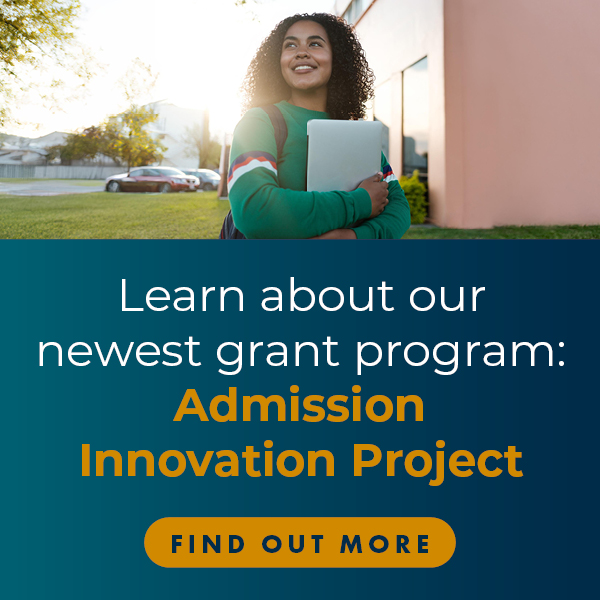Since launching our grantmaking activities in 2014, we have awarded over $26.4 million in support of our research priorities: access, affordability, and the value of legal education.
Awarded Grants
Grant Program
Grant Status
The Law College Association of the University of Arizona (LCA) on behalf of the James E. Rogers College of Law
Grant Title: JD-Next
JD-Next prepares a diverse body of students for law school by providing training in case briefing and legal analysis and then assessing their ability to succeed on a final exam, which has been determined to be a valid and reliable test comparable to legacy exams with no statistically significant racial disparities. The next step is to scale JD-Next so that it can be readily accessible and affordable for students across the country.
View Grant Outcomes.

The University of Utah S.J. Quinney College of Law
Grant Title: The “Law as Influence, Law as Change"
The “Law as Influence, Law as Change” program seeks to increase the participation of historically underrepresented and minoritized students in the Four Corners region attending Utah State University Blanding ("Blanding") in Blanding, Utah. The program would sponsor students for a four-week learning experience. In the first two weeks, they will receive instruction at the Blanding site. The final two weeks will take place on campus and in-residence at the University of Utah in Salt Lake City.
View grant outcomes.
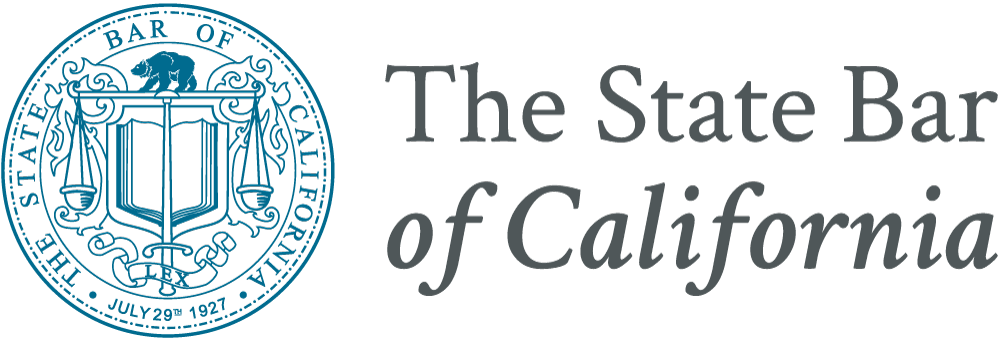
The State Bar of California
Grant Title: Investigating the Benefits of Live Remote Proctor of Bar Exam
The State Bar seeks to evaluate the benefits of live remote proctoring (LRP) for the First-Year Law Students’ Examination (FYLSX). Previous remote FYLSX’s have been proctored relying on software recording and AI-based monitoring. This project will evaluate if LRP, 1) reduces false positive violations; 2) lessens login and other technology issues examinees encounter; 3) improves overall test experience for examinees.
View grant outcomes.

Behavioral Insights Institute
Demographic matching between law students from underrepresented groups and law school faculty increases these students’ access to research opportunities and quality employment and impacts their sense of belonging. The sense of belonging influences students’ academic performance, course selections, J.D. degree completion, and bar exam success.
View grant outcomes.
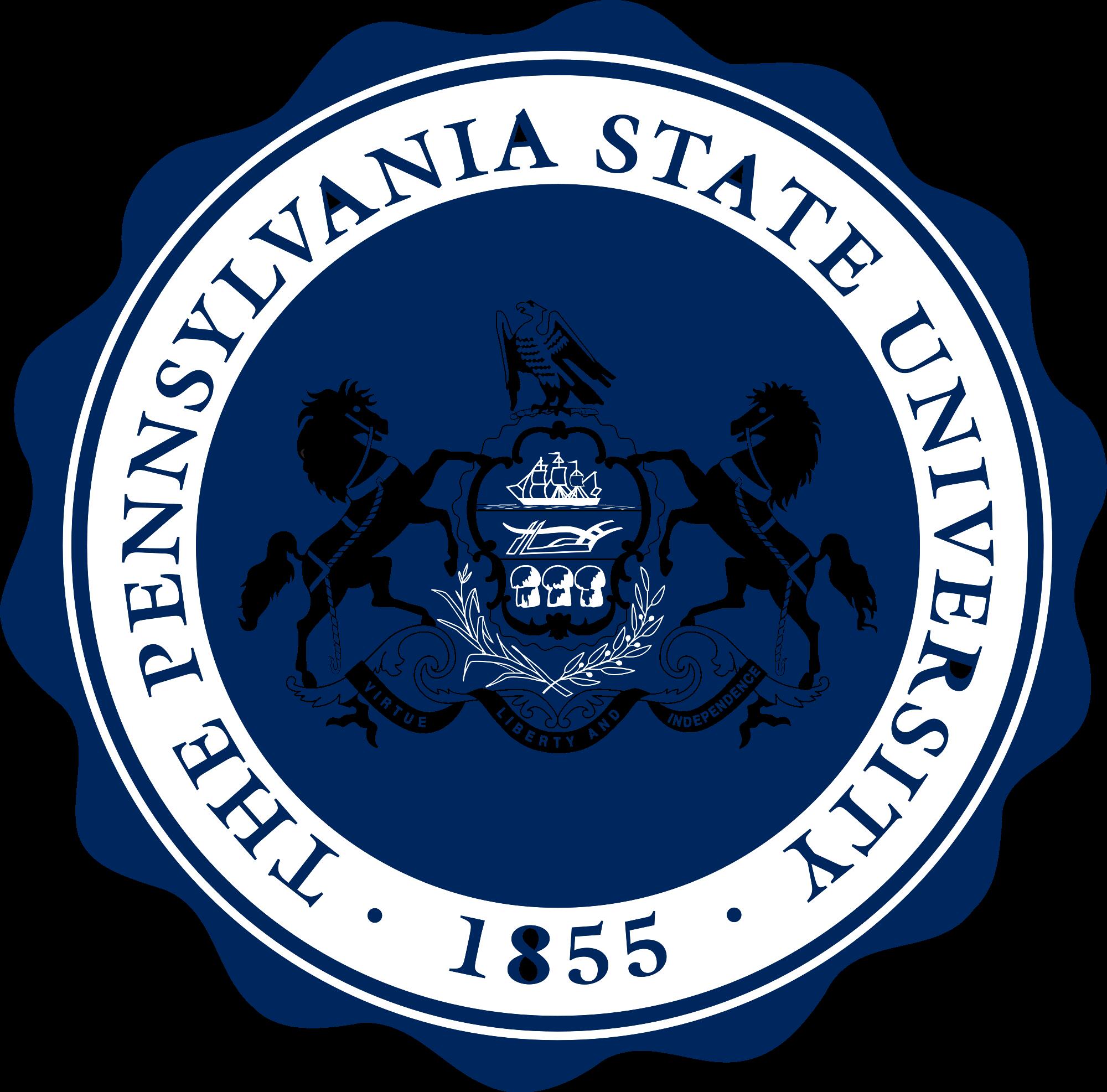
The Pennsylvania State University
Led by Dickinson Law, and in collaboration with other law schools that are leading this Antiracist Reformation, the ADI will offer a three-week online, hybrid, or resident program that invites fellows to participate in programs designed to facilitate Antiracist institution-building.
View Grant Outcomes.
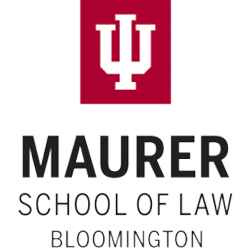
Indiana University Maurer School of Law
Enhance and evaluate the Productive Mindset Intervention for the California, Colorado, and Utah bar exams in July 2022 and 2023. Examine the predictors of bar performance in a dataset comprising over 15,000 test-takers across 7 administrations of the bar exams in California, Colorado, and Utah.
View grant outcomes.
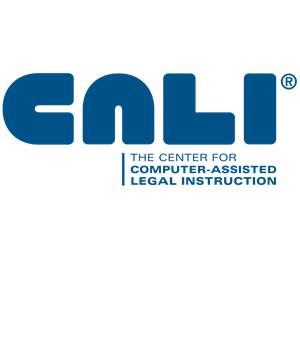
CALI - The Center for Computer-Assisted Legal Instruction
The purpose of this grant is to extend the reach of Academic Success Professionals and help law students become better learners in the unique law school environment. This is especially useful for first-generation and underrepresented law students.
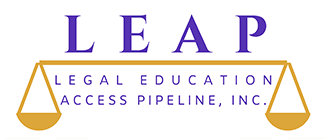
Legal Education Access Pipeline (LEAP)
Legal Education Access Pipeline (LEAP), a 501(c)(3) nonprofit organization now in its third year of operations. LEAP was established to diversify the legal sector and serves college juniors, seniors, and recent graduates from racial and socioeconomic backgrounds that are underrepresented in the legal profession. Leaning on research about successful diversity pipelines and education access initiatives, LEAP’s programs address the primary barriers to law school for the participants they serve.
View Grant Outcomes.
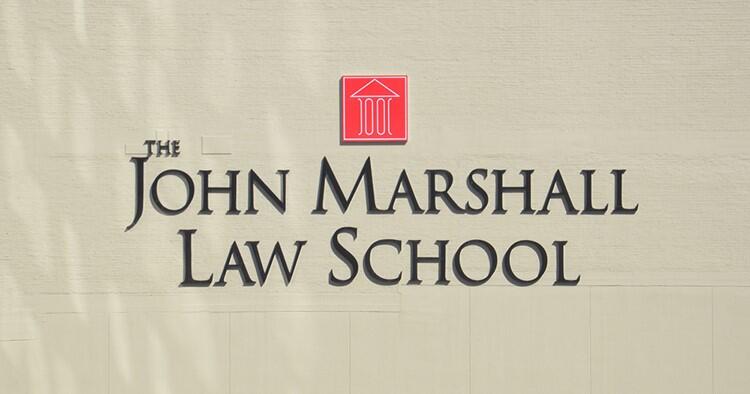
The Board of Trustees of the University of Illinois on behalf of The John Marshall Law School
This project will study the efficacy of an intervention to enhance law student writing skills and create a scalable, replicable model to improve student writing for use in other law schools.
View grant outcomes.



